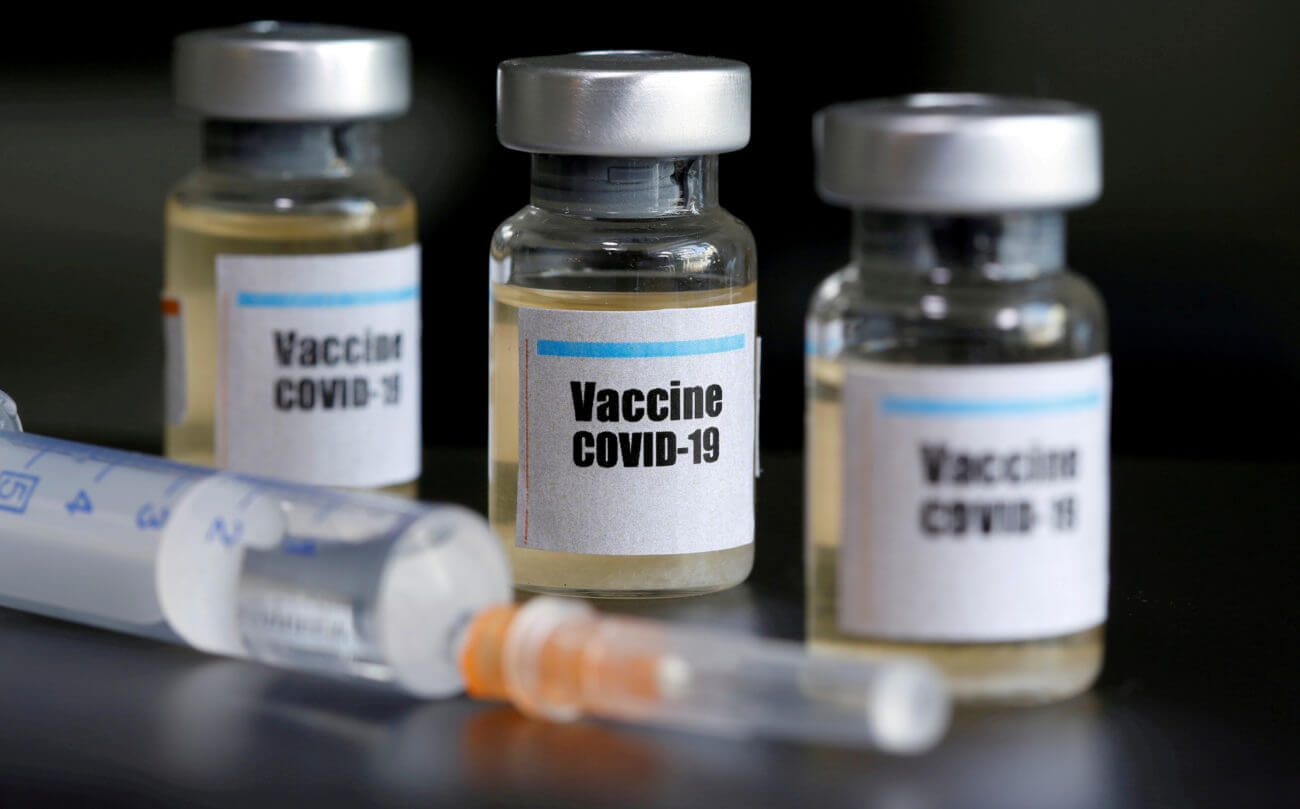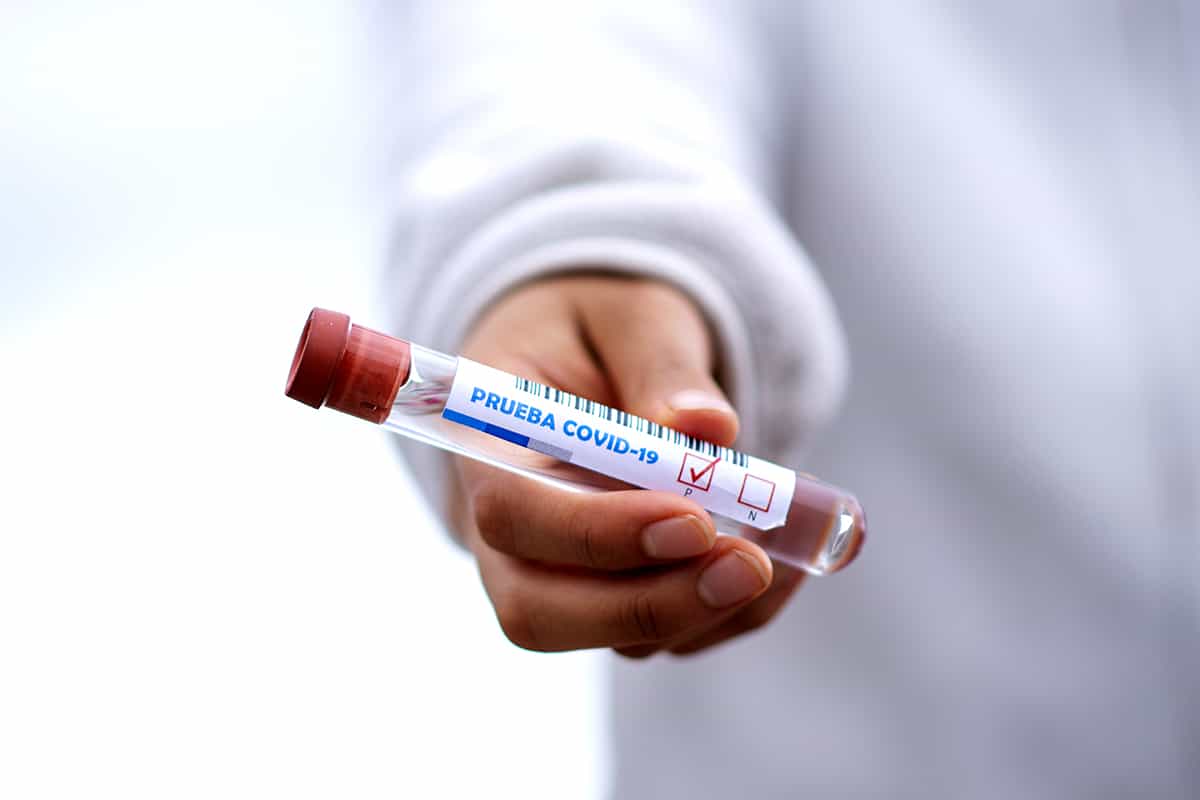- AstraZeneca has announced that it will be distributing 400 million doses of Oxford University’s coronavirus vaccine from September.
- However, there are at least three reasons to suspect that the coronavirus vaccine may not work.
- No coronavirus vaccine has ever been produced, immunity may be short-lived, and it may actually take anything from five to ten years for a vaccine to be completely ready.
The world is excited about the University of Oxford’s coronavirus vaccine. Yesterday, British pharmaceutical AstraZeneca announced a deal to secure 400 million doses of the vaccine from September. The U.S. has also pledged $1.2 billion in support of trials, potentially speeding up the vaccine’s delivery.
However, while claims of a coronavirus vaccine by September has raised hopes worldwide, Oxford and AstraZeneca’s vaccine may not work. Yes, its development is progressing rapidly, but there are at least three important reasons to believe that hopes for a vaccine may be frustrated.
Coronavirus Vaccines Have Never Worked
First of all, no one has ever been able to develop a coronavirus vaccine before. So why should the Oxford and AstraZeneca vaccine trials be any different?
Including SARS-CoV-2 (which causes Covid-19 disease), scientists are aware of seven different coronaviruses. According to the CDC, we first identified a human coronavirus in the mid-1960s. However, despite coronaviruses being on our radar for nearly sixty years, no vaccine has ever been approved for use in the U.S. or U.K.
What lowers the odds of finding a vaccine for the new coronavirus is that it’s an RNA virus, like HIV and Hepatitis C. Researchers haven’t yet found a vaccine for such viruses, so it’s not certain they can find one for the coronavirus.
As Baylor University’s Maria Elena Bottazzi told National Geographic last month:
If you look at all the attempts people have done for HIV vaccines using the DNA platform, they haven’t found the exact formula of how these DNA molecules should go into the right cells. It’s a little bit of dark science. That’s why they’re still experimental.
Immunity May Not Be Possible
Another problem for the Oxford and AstraZeneca coronavirus vaccine: immunity to the Covid-19 coronavirus isn’t yet proven.
As the World Health Organization declared at the end of April, “there is currently no evidence that people who have recovered from COVID-19 and have antibodies are protected from a second infection.”
Related to this is the issue of mutation. The SARS-CoV-2 coronavirus is mutating, like every other RNA virus. As Dr. Mark Schleiss, a pediatric infectious disease specialist at the University of Minnesota, told Healthline earlier in May:
In the world of RNA viruses, change is the norm. We expect RNA viruses to change frequently. That’s just their nature.
One saving grace is that the Covid-19 coronavirus appears to be mutating more slowly than other RNA viruses. However, it is mutating. As such, any potential vaccine may become ineffective after a certain period of time.
Oxford and AstraZeneca Are Betting On Smashing Records For Quickest Vaccine Ever
If this weren’t bad enough, Oxford and AstraZeneca are aiming to smash the record for the fastest ever turnaround of a vaccine.
A 2013 vaccine research and development study reveals the:
[The] average vaccine, taken from the preclinical phase, requires a development timeline of 10.71 years and has a market entry probability of 6%.
Similarly, a 2019 study found that vaccines have a 33.4% probability of success.
To date, no one has produced a vaccine in less than around five years, a record held by the Ebola virus vaccine. Given this, it’s hard to imagine Oxford or AstraZeneca successfully producing a safe coronavirus vaccine within a year, let alone by September.
Of course, it’s a fallacy to assume that something is impossible just because it has never happened before. At certain points in history, no one had ever split the atom, or run a four-minute mile, or flown in space. But someone ended up doing all of these things. So maybe, just maybe, Oxford and AstraZeneca’s coronavirus vaccine will work.
Disclaimer: The opinions expressed in this article do not necessarily reflect the views of CCN.com.
This article was edited by Samburaj Das.
Read More








